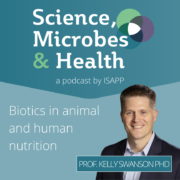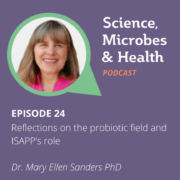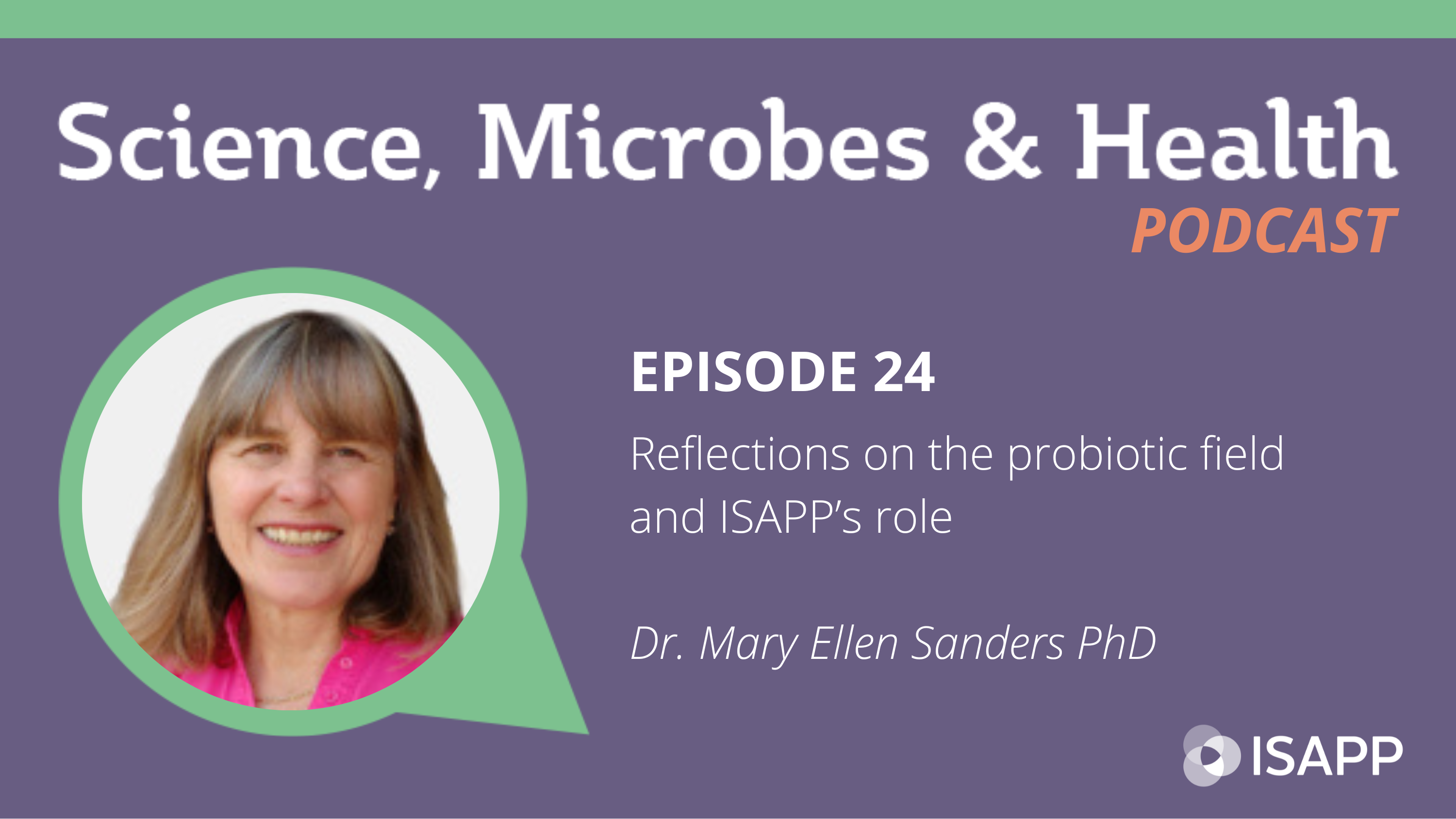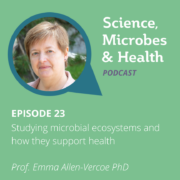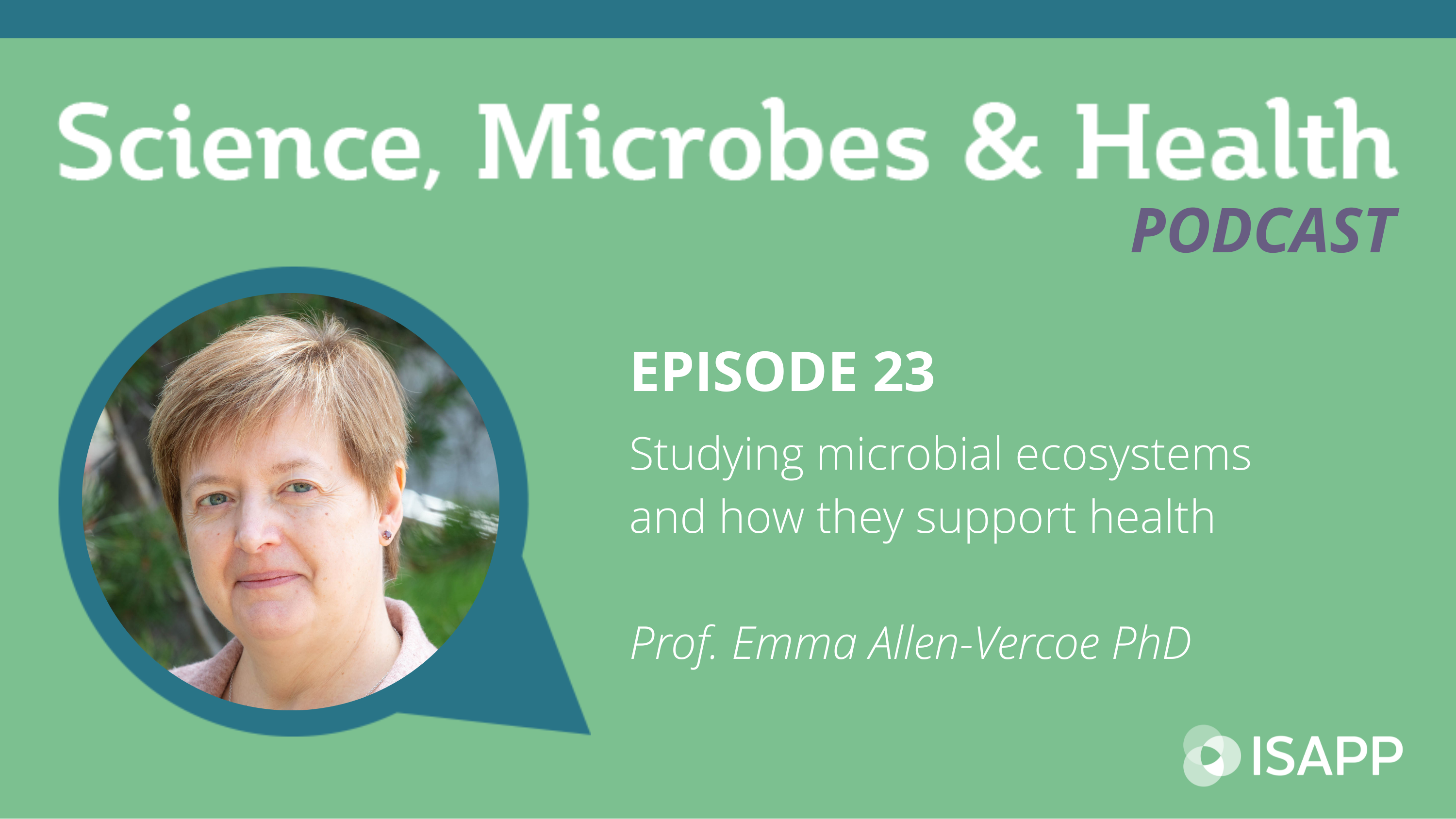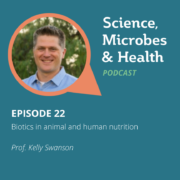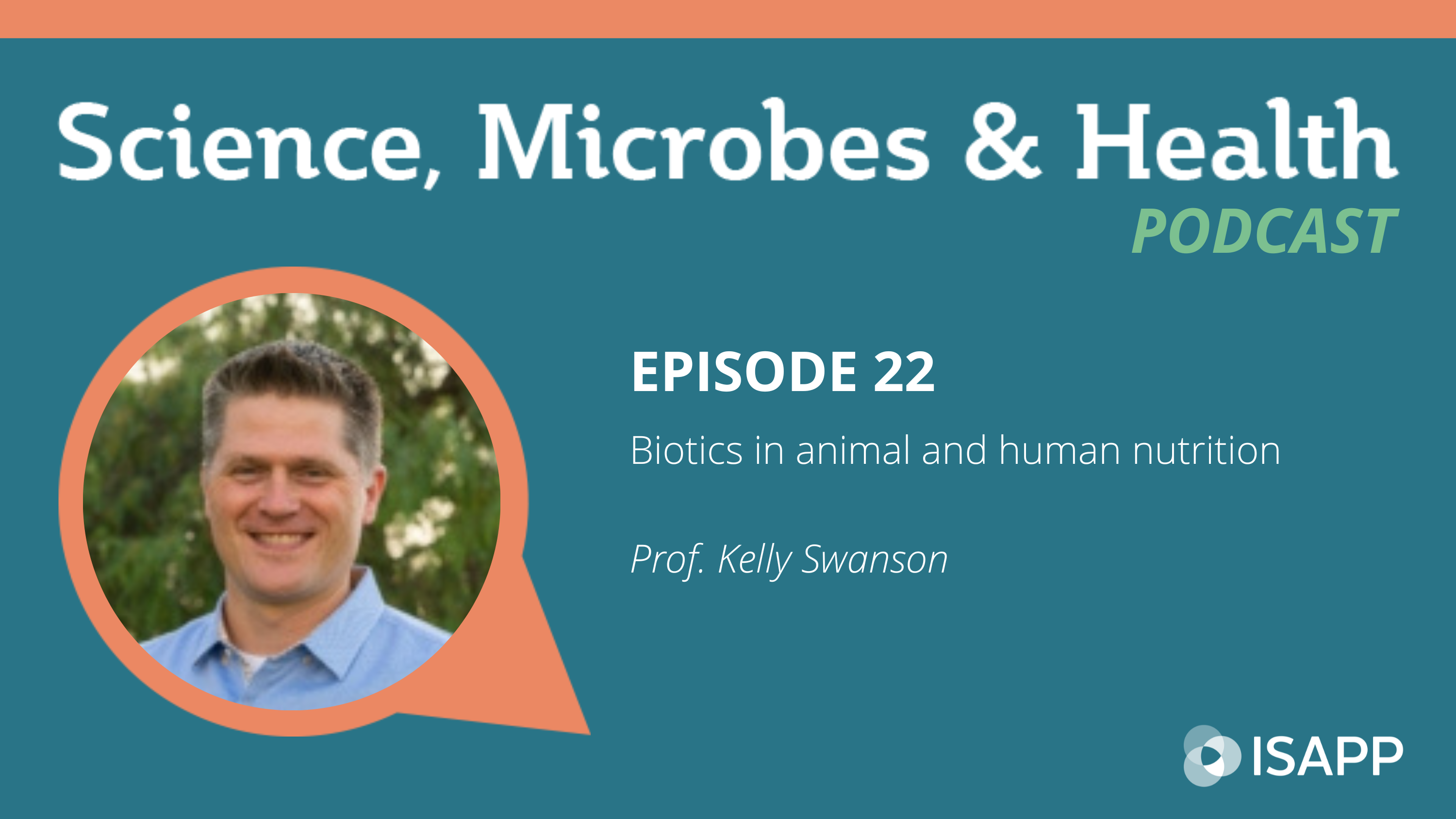Archive Highlight: Biotics in animal and human nutrition, with Prof. Kelly Swanson PhD
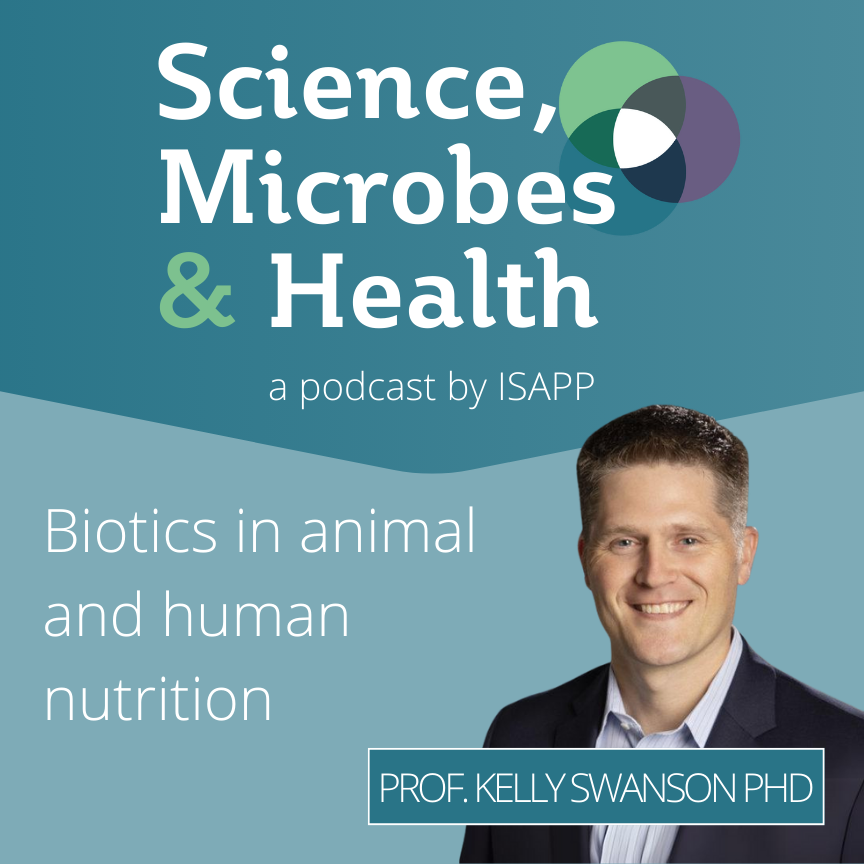
Podcast: Play in new window | Download
Subscribe: Apple Podcasts | Spotify | RSS
Completing our series on the role of biotics in animal health, we are highlighting Episode 22 from our archives. In this episode, Prof. Kelly Swanson PhD from University of Illinois at Urbana-Champaign discusses the role of biotics in animal and human nutrition. He reviews the criteria for prebiotics and synbiotics, then discusses how we gain knowledge about nutrition and the role of biotics in animals compared to humans.
Key topics from this episode:
- A good argument can be made that biotics are essential for our diet; they are beneficial even if efficacy is sometimes difficult to prove.
- Nutrients have an impact on the host’s health and simultaneously on the host-associated microbes.
- Health benefits are essential to the FDA definition of fiber.
- Antibiotics’ effect on the microbiota: short-term effects may be minor, but we still don’t know the long-term effects.
- The synbiotics definition, criteria for products to meet this definition, and the health outcomes from using these biotic substances.
- The difference between complementary and synergistic synbiotics.
- When studying biotics in companion animals (cats and dogs), can results from one host be extrapolated to another host? Final studies should be in the target host.
- Biotics are important in veterinary medicine and a popular topic of study.
- Predictions about the future of nutrition science as informed by the microbiome.
Episode links:
- US FDA: United States Food and Drug Administration
- Randomized, controlled trial from Swanson lab on a potential prebiotic: 454 pyrosequencing reveals a shift in fecal microbiota of healthy adult men consuming polydextrose or soluble corn fiber.
- Prebiotic definition: Expert consensus document: The International Scientific Association for Probiotics and Prebiotics (ISAPP) consensus statement on the definition and scope of prebiotics.
- Synbiotic definition: The International Scientific Association for Probiotics and Prebiotics (ISAPP) consensus statement on the definition and scope of synbiotics.
- Review on antibiotic use in agriculture: Antibiotics Overuse in Animal Agriculture: A Call to Action for Health Care Providers.
Additional resources:
- Synbiotics. ISAPP infographic.
- New synbiotic definition lays the groundwork for continued scientific progress. ISAPP blog post.
- Synbiotics: Definitions, Characterization, and Assessment. ISAPP webinar.
About Prof. Kelly Swanson:
Kelly Swanson is the Kraft Heinz Company Endowed Professor in Human Nutrition at the University of Illinois at Urbana-Champaign. His laboratory studies the effects of nutritional interventions, identifying how diet impacts host physiology and gut microbiota. His lab’s primary emphasis is on gastrointestinal health and obesity in dogs, cats, and humans. Much of his work has focused on dietary fibers and ‘biotics’. Kelly has trained over 40 graduate students and postdocs, published over 235 peer-reviewed manuscripts, and given over 150 invited lectures at scientific conferences. He is an active instructor, teaching 3-4 nutrition courses annually, and has been named to the university’s ‘List of Teachers Ranked as Excellent by Their Students’ 30 times. He serves on advisory boards for many companies in the human and pet food industries and non-profit organizations, including the Institute for the Advancement of Food and Nutrition Sciences and International Scientific Association for Probiotics and Prebiotics.

